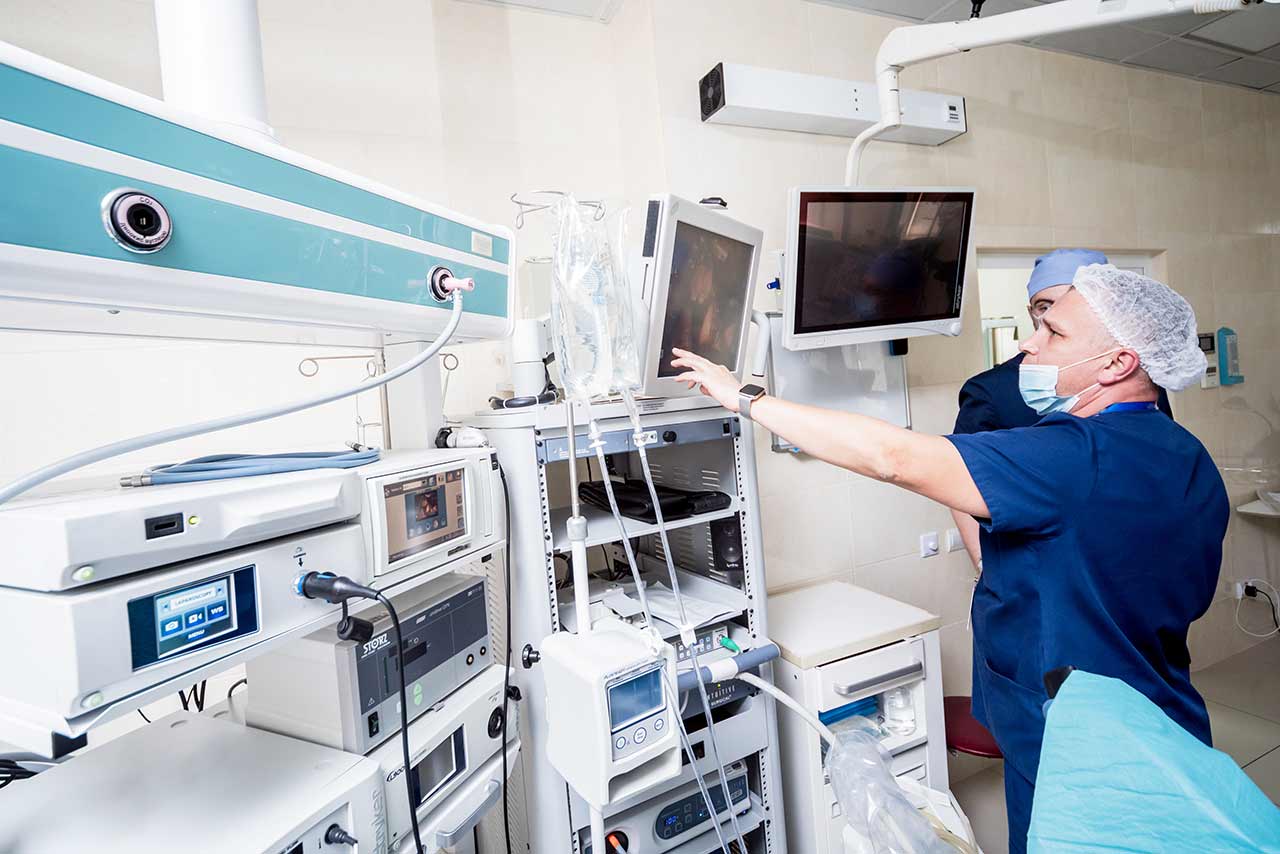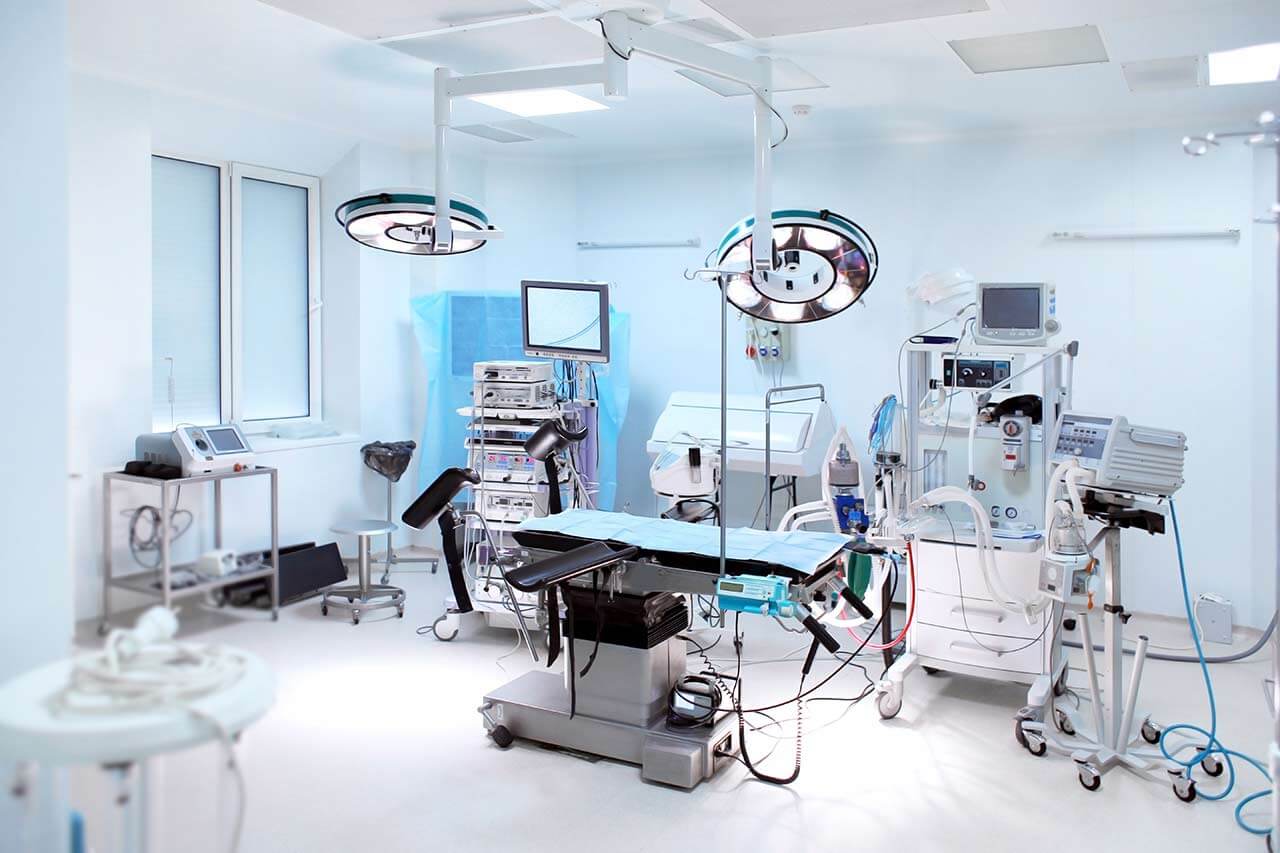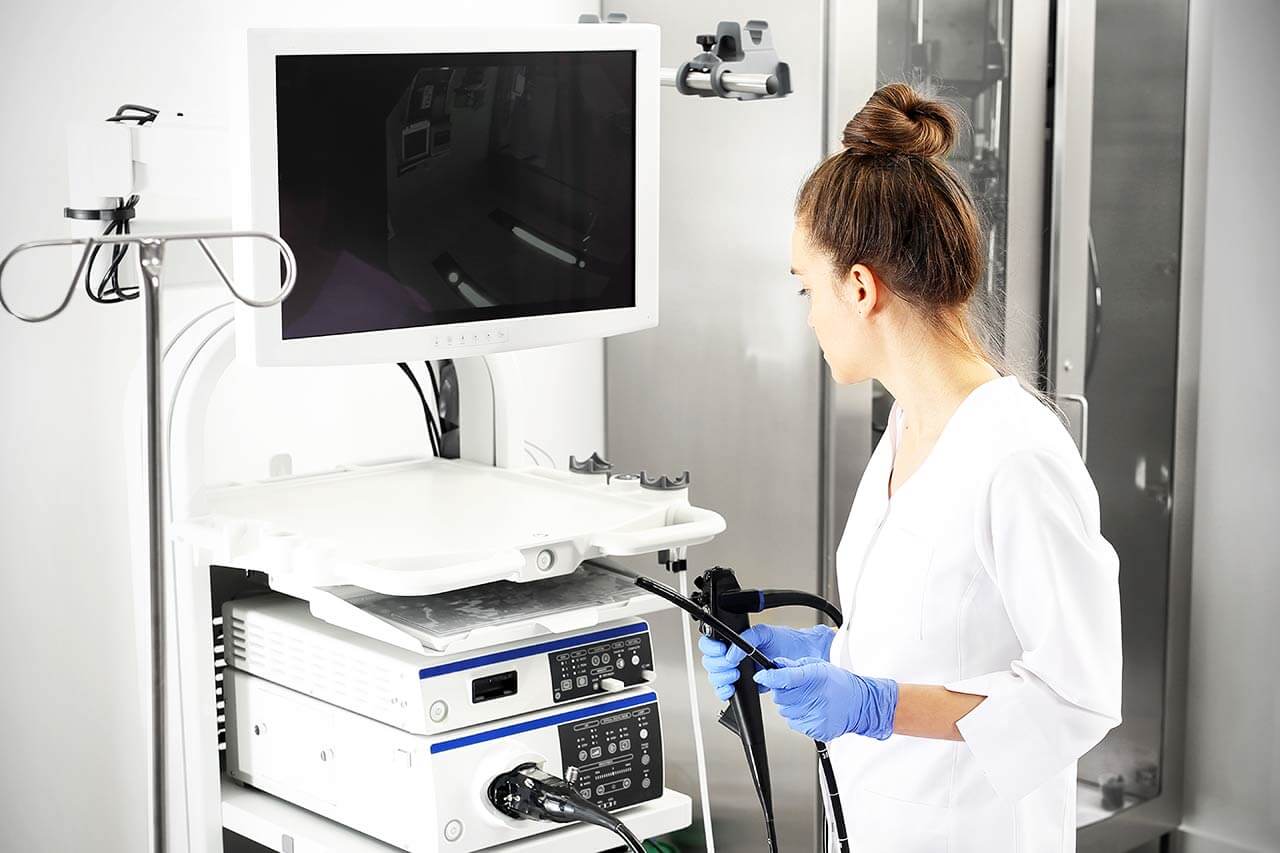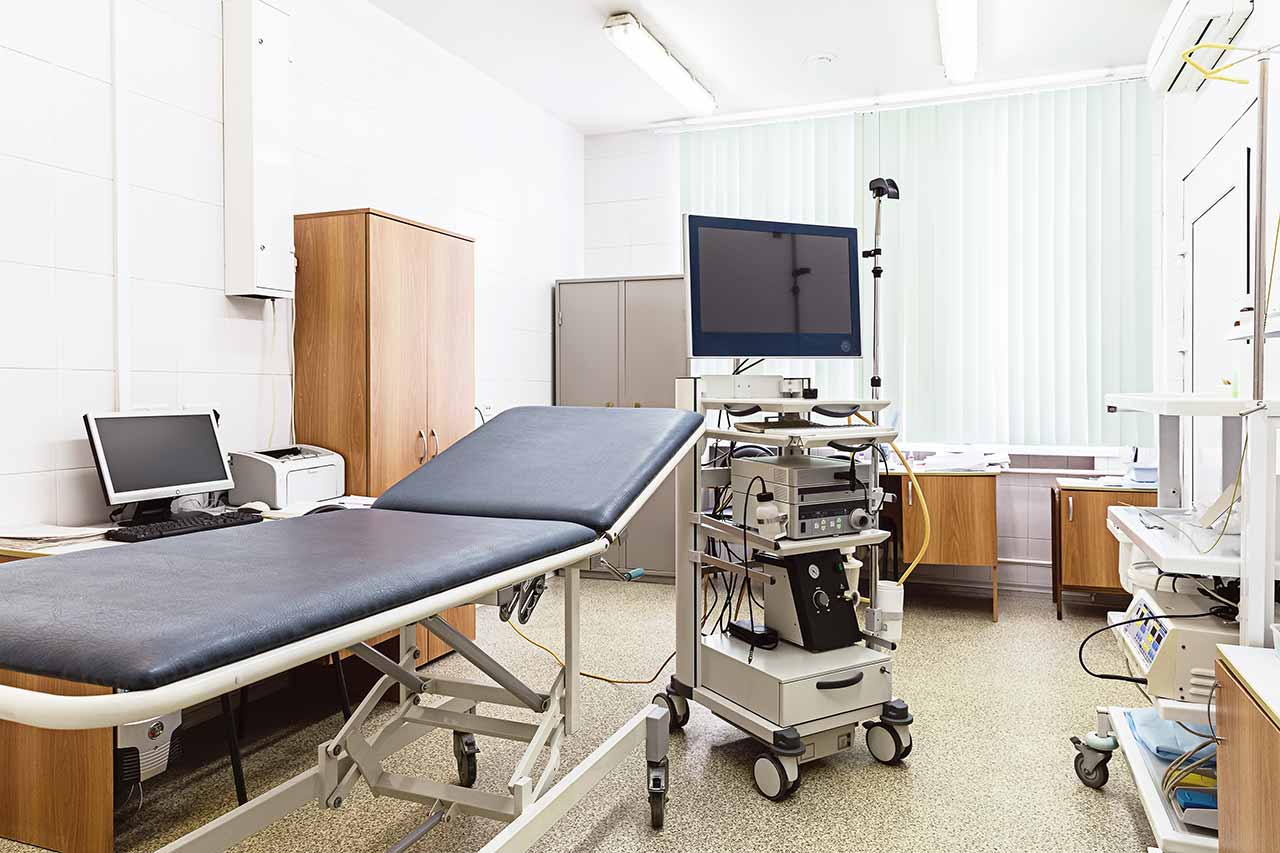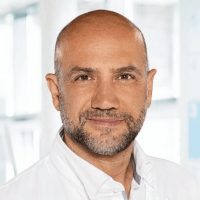
About the Department for Gastroesophageal Reflux Disease at Regio Hospital Pinneberg
The Department for Gastroesophageal Reflux Disease at the Regio Hospital Pinneberg offers all the options of modern medicine for the elimination of this disease. The department's specialists give preference to an individualized treatment approach, and therefore they comprehensively assess each clinical case and select the necessary complex of therapeutic measures for each patient. Whenever possible, the doctors use conservative methods, but patients with advanced stages of gastroesophageal reflux disease (GERD) require surgery. The team of the department's surgeons has excellent skills in Nissen fundoplication and LINX Reflux Management System implantation, which are the most effective for GERD treatment. In most cases, the department's surgeons perform interventions using sparing minimally invasive techniques, which require only a few skin incisions to form a surgical access. Such progressive operations contribute to the speedy recovery of the patient after surgery, and also minimize the risks of developing severe bleeding and infections. The Head Physician of the department is PD Dr. med. Hamid Mofid.
Gastroesophageal reflux disease (GERD) is one of the most common esophageal diseases. The pathology is characterized by the reflux of stomach contents into the esophagus, which occurs due to the weakening of the lower esophageal sphincter. The main symptoms of the disease are heartburn, belching and persistent coughing. The most common cause of the development of the disease is a hiatal hernia. Without timely treatment, chronic GERD can lead to the development of esophageal cancer.
The first stage in the treatment of gastroesophageal reflux disease is a comprehensive diagnostic examination, which allows the doctor to detect the pathology, assess its stage, and exclude or confirm the presence of esophageal malignancies. When conducting the diagnostics, the attending physician studies the patient's anamnesis, carries out endoscopic examination of the esophagus and stomach, 24-hour esophageal pH monitoring, necessary laboratory blood and urine tests. The diagnostic results serve as the basis for the development of an individual treatment regimen for the patient. Diet therapy is obligatory for the patient. The experienced department's nutritionists develop the proper diet, which involves the exclusion of fatty foods, carbonated and alcoholic drinks, chocolate, etc. from the ration. The patient should also eat small portions and avoid overeating. Since the reflux of the stomach contents into the esophagus increases in a horizontal position, it is recommended not to eat 2 hours before sleep. Diet therapy is complemented by drug therapy, which involves intake of antacids for neutralizing gastric acid, drugs for reducing hydrochloric acid, as well as prokinetics for strengthening the lower esophageal sphincter. The combination of drugs and their dosage is determined according to the particular clinical indications of the patient.
In the case of diet therapy and drug therapy ineffectiveness, surgery is the only treatment option. The department's doctors specialize in Nissen fundoplication and LINX Reflux Management System implantation. These operations help achieve the best results in the case of severe types of GERD. The department's surgeons perform them using minimally invasive surgical techniques. The essence of Nissen fundoplication is that the upper part of the stomach is wrapped around the esophagus, thus creating a cuff, which prevents the reflux of gastric contents into the esophagus. The operation is performed laparoscopically, through two small punctures in the abdomen. If the patient also has hiatal hernia, it is repaired immediately during the Nissen fundoplication. When performing the LINX Reflux Management System implantation, the surgeons install a special device, which is a small flexible ring of bound titanium balls with magnetic cores. The magnetic attraction between the balls keeps the sphincter closed, thereby preventing reflux of gastric contents into the esophagus. The LINX system is located around the esophagus directly above the stomach. The LINX Reflux Management System implantation is carried out using laparoscopic surgical techniques, through small holes in the patient's body, so the postoperative recovery of the patient occurs as soon as possible.
The department's range of diagnostic and therapeutic services includes:
- Diagnostics of the gastroesophageal reflux disease (GERD)
- Clinical examination
- Study of the anamnesis
- Endoscopic examination of the esophagus and stomach
- 24-hour pH monitoring
- Laboratory blood and urine tests
- Treatment of gastroesophageal reflux disease (GERD)
- Conservative treatment
- Diet therapy
- Drug therapy with antacids, prokinetics, etc.
- Surgical treatment (in most cases laparoscopic surgery)
- Nissen fundoplications
- LINX Reflux Management System implantation
- Conservative treatment
- Other diagnostic and therapeutic options
Curriculum vitae
Since October 1, 2015, the Department for Gastroesophageal Reflux Disease at the Regio Hospital Pinneberg has been headed by PD Dr. med. Hamid Mofid. Prior to this, the specialist worked at the Asklepios Hospital Bad Oldesloe, where he headed the Department of Surgery. Before his senior position, Dr. Mofid worked for 14 years at the Israelitische Krankenhaus in Hamburg, 7 years of which he worked as a Senior Physician in the Department of General and Abdominal Surgery. The doctor also worked at the Marienkrankenhaus in Hamburg and the Prince of Wales Hospital in Sydney. In 2014, Dr. Hamid Mofid had his habilitation at the University of Hamburg.
Of particular interest to the specialist is the surgical treatment of abdominal cancers, including colon and rectal cancer. He also has special competence in the field of surgical treatment of inflammatory bowel disease, gastroesophageal reflux disease, inguinal hernias and cholelithiasis. In most cases, the surgeon uses minimally invasive surgical techniques in order to significantly reduce the period of the patient's postoperative recovery.
Photo of the doctor: (c) Regio Klinikum
